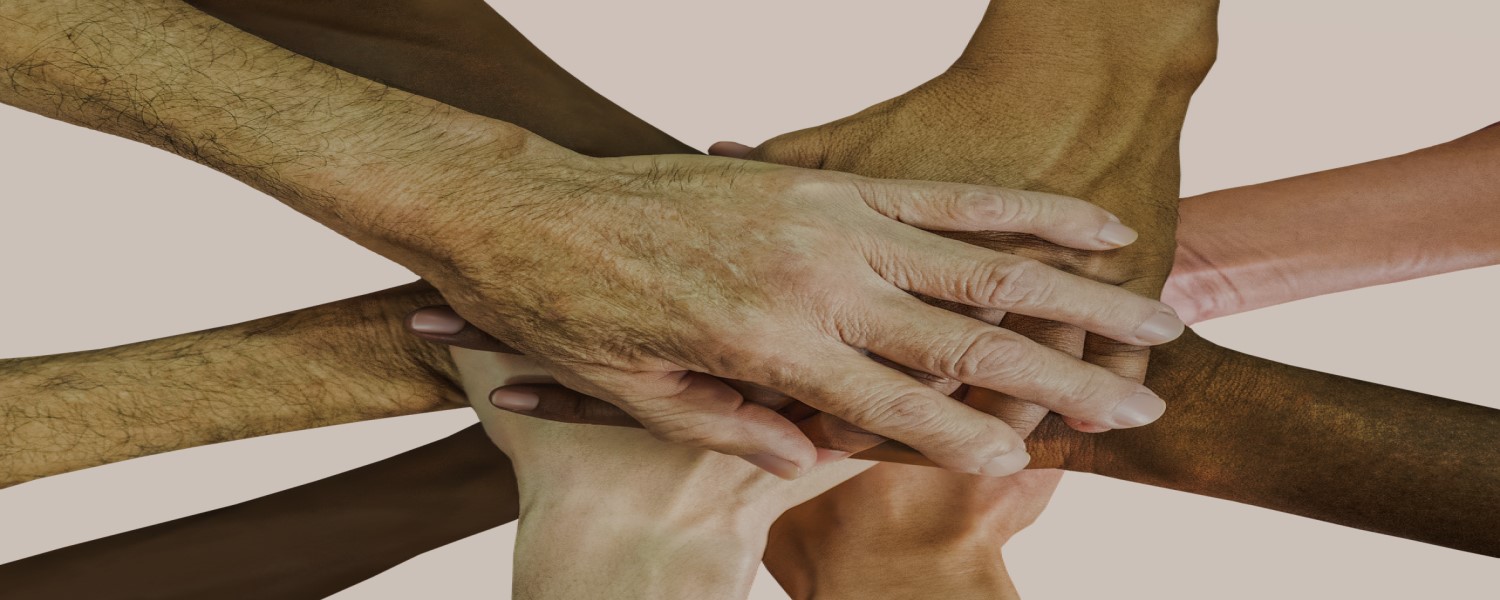Skin in the Game: This is Why it is So Important!
This post is about a phrase called skin in the game.
But before we get to that, first I need to tell you a little story.
Once upon a time, a pig and a chicken were thinking about going into the restaurant business together. The niche restaurant would be open for breakfast only and the only thing on the menu was bacon and eggs. The chicken would provide the eggs and the pig would provide the bacon. Whether or not this was a good business idea is irrelevant to the point I am going to make.

The question is – who do you think was more committed to the success of the business, the chicken or the pig?
We will get to the answer a little later.
What is Skin in the Game?
First, let’s define what we mean by saying “skin in the game”. Skin in the game is used as a way for you or someone to show that you are committed to something – you have personally invested and taken a risk to achieve an outcome.
Skin is a metaphor for commitment in the form of money, time, emotions, resources – whatever.
Game is a metaphor for whatever action is taking place, be it an investment, a gamble, a partnership, a relationship – whatever.
To have skin in the game is to have invested in something so that it’s outcome has a personal risk or consequence to you.
By having skin in the game, you are not able to benefit from the upside unless you are prepared to risk the downside. Said another way, you are not taking the benefits unless you are prepared to risk the consequences.
How About a Business Example?
While some have attributed the origin of skin in the game to legendary Berkshire-Hathaway CEO Warren Buffett, it has been dispelled. However, Buffett does use the phrase a lot and he practices it by expecting executives of companies he invests in to have their own finances, or skin, invested in the firm. That way he knows they are committed and in it for the right reasons.

Another business example you may be familiar with comes from the mortgage business. Putting money down to procure a loan is seen as skin in the game. You are putting cash out of your own pocket to commit to a project or purchase which makes the other side more comfortable in putting their money behind it.
What Form Can Skin in the Game Take?
Skin in the game is not just something that can be represented by money.
There are other ways someone can put skin in the game, such as:
 Time
Time
 Emotions
Emotions
 Reputation
Reputation
 Resources
Resources
 Physically
Physically
What Are Some Other Examples of Skin in the Game in Everyday Life?
Let’s take a look at some examples of skin in the game other than the business examples above:
 A college student who is paying for part or all of her college education is putting skin in the game and you would think she is more committed to taking her studies seriously.
A college student who is paying for part or all of her college education is putting skin in the game and you would think she is more committed to taking her studies seriously.
 How about pilots? They are personally invested (as their lives are on the line) to make sure they do a proper job of flying that plane and making sure it arrives at its destination safely.
How about pilots? They are personally invested (as their lives are on the line) to make sure they do a proper job of flying that plane and making sure it arrives at its destination safely.
 Relationships – Becoming emotionally invested in a relationship is putting skin in the game. Buying a ring is putting skin in the game.
Relationships – Becoming emotionally invested in a relationship is putting skin in the game. Buying a ring is putting skin in the game.
 Health savings accounts – Giving patients control over their health care dollars is giving them skin in the game.
Health savings accounts – Giving patients control over their health care dollars is giving them skin in the game.
 Another healthcare example would be co-pays. Some people complain about this one but from a personal perspective, I think it’s a good thing. Prior to moving to the U.S. from Canada, where there are no co-pays, I would often notice people in doctor’s offices for bullshit things. Like ‘oh I sprained my fingernail’. Co-pays stop that kind of stuff by making people put skin in the game.
Another healthcare example would be co-pays. Some people complain about this one but from a personal perspective, I think it’s a good thing. Prior to moving to the U.S. from Canada, where there are no co-pays, I would often notice people in doctor’s offices for bullshit things. Like ‘oh I sprained my fingernail’. Co-pays stop that kind of stuff by making people put skin in the game.
Some Examples Where There Should Be Skin in the Game, and There Are None
In my opinion, I think things would be done differently if skin in the game was used in some of these areas/situations in life:
 Politicians may not be so quick to start wars if they were forced to risk their lives fighting on the front lines.
Politicians may not be so quick to start wars if they were forced to risk their lives fighting on the front lines.
 Personal trainers must workout and be in shape. You want to train people and take their money, yet you don’t want to take the time to eat right and workout yourself.
Personal trainers must workout and be in shape. You want to train people and take their money, yet you don’t want to take the time to eat right and workout yourself.
 Universities and/or professors could have skin in the game by having more incentives in their contracts based on how successful students are at getting jobs by having them help repay some of the student debt. There would be more incentive to teach stuff that students will use in the real world instead of many of the useless classes taught just to generate income for the university.
Universities and/or professors could have skin in the game by having more incentives in their contracts based on how successful students are at getting jobs by having them help repay some of the student debt. There would be more incentive to teach stuff that students will use in the real world instead of many of the useless classes taught just to generate income for the university.
 Hairdressers – What is the skin in the game for a hairdresser when they do your hair? Perhaps if they do a bad job, they must let you cut their hair!
Hairdressers – What is the skin in the game for a hairdresser when they do your hair? Perhaps if they do a bad job, they must let you cut their hair!
 Weatherman and weatherwomen are more wrong than they are right it seems. However, no one ever goes back and looks at their success rate after the fact. Perhaps they need to have some skin in the game? Maybe if they say it’s going to be sunny out and it rains they are not allowed to use an umbrella.
Weatherman and weatherwomen are more wrong than they are right it seems. However, no one ever goes back and looks at their success rate after the fact. Perhaps they need to have some skin in the game? Maybe if they say it’s going to be sunny out and it rains they are not allowed to use an umbrella.
What Skin in the Game Doesn’t Guarantee…
One thing we must note. Just because someone has skin in the game, doesn’t guarantee good decisions or good judgment.
For example, a financial advisor could have invested a ton of money into a certain company and recommended it to you.
That company may suck and you both end up losing – also known as a lose-lose!
So, remember just because someone has skin in the game doesn’t guarantee they are making the right call or doing the right thing.
Why You Should Put Skin in the Game
There are numerous reasons why you should put skin in the game:
 You own it – If you are invested in it, you treat it more seriously, and own it much more.
You own it – If you are invested in it, you treat it more seriously, and own it much more.
 Follow through – If you put skin in, you are attached and invested and more likely to see it through.
Follow through – If you put skin in, you are attached and invested and more likely to see it through.
 Attitude – Your attitude changes when skin is in the game, more commitment and urgency.
Attitude – Your attitude changes when skin is in the game, more commitment and urgency.
 Personal growth – It will help you grow, you can’t grow without taking chances and putting yourself out there.
Personal growth – It will help you grow, you can’t grow without taking chances and putting yourself out there.
 Motivation – If you have no skin in the game, you have nothing to lose and your motivation decreases.
Motivation – If you have no skin in the game, you have nothing to lose and your motivation decreases.
 Don’t talk, just do – By putting skin in the game you are doing. Be wary of people who talk and don’t do – all talk and no action!
Don’t talk, just do – By putting skin in the game you are doing. Be wary of people who talk and don’t do – all talk and no action!
 Honor and respect – People will respect you more if you have a personal stake in the outcome. It’s much easier to listen to someone’s opinion or suggest when they have shown commitment.
Honor and respect – People will respect you more if you have a personal stake in the outcome. It’s much easier to listen to someone’s opinion or suggest when they have shown commitment.
Back to the Chicken and the Pig…
So, after reading about skin in the game, can you answer the question from earlier on regarding who was more committed to the success of the business, the chicken or the pig?
The chicken’s contribution to the business was laying eggs, so she was not personally committed.
However, the pig literally was prepared to put his skin in the game, meaning he was the one who would have been more committed!
I say ‘would have been’ because upon realizing the chicken wasn’t as committed as he was, the pig came to his senses, backed out and the restaurant idea didn’t go forward.
The Moral of the Story
Be like a pig and don’t be like a chicken!
Furthermore, get involved with pigs and don’t get involved with chickens!
Until next time, oink, oink, and as always…PYMFP!
–Rick

Use It or Lose It:
 To put skin in the game, figure out how you or someone else can commit either financially, physically, emotionally, with resources, or with time.
To put skin in the game, figure out how you or someone else can commit either financially, physically, emotionally, with resources, or with time.
When to Use It:
 When you want to show commitment by yourself or when you want others to commit to something.
When you want to show commitment by yourself or when you want others to commit to something.
What Do You Think?
 Can you think of any other examples of skin in the game? How have you used it in your life? Please share in the comments below.
Can you think of any other examples of skin in the game? How have you used it in your life? Please share in the comments below.
If you enjoyed this post, it would mean the world to us if you shared it via any of the social media platforms below!
Popular Previous Posts:
Time Boxing: This is How to Knock Out More Focused Work!
This is How to Reduce Phone Usage in 4 Easy Steps!
This is How to Be a More Attractive Person!
Sturgeon’s Law: This is Why 90% of Everything is Crap

Great essay to start off the week. Basically this becomes a form of risk management. How much resources (time, money, emotion) are you willing to risk, knowing there are no guaranteed results.
I have been on both sides. Way back when, in the early 80’s I invested 5G’s in an Automotive Recycling Center (translation – a junkyard). That lasted 2 years before going tits up. But it was not a complete total loss, as I scavenged many usable parts for my 55 Chevy. I later sold the car, but held onto the parts I did not use – two packing crates full. When my daughter was starting college, I sold the crates to another enthusiast for $3500. Net loss – 1500. I cannot complain.
My IRA demonstrates a skin win. From 1986 to 2011, Lockheed withdrew a set percentage from my paycheck and set it aside in an IRA. What with interest, dividends, and stock splits, that IRA is now worth 2 1/2 mil. I’m drawing out the mandatory yearly minimum now, but the rest still continues to accrue and increase.
Hi Dave, Thanks for the great comment and thoughts and examples. It is important to figure out how much skin you want to put in and also important to get others to put some in as well to ensure their commitment. Thanks and have a great week! Rick